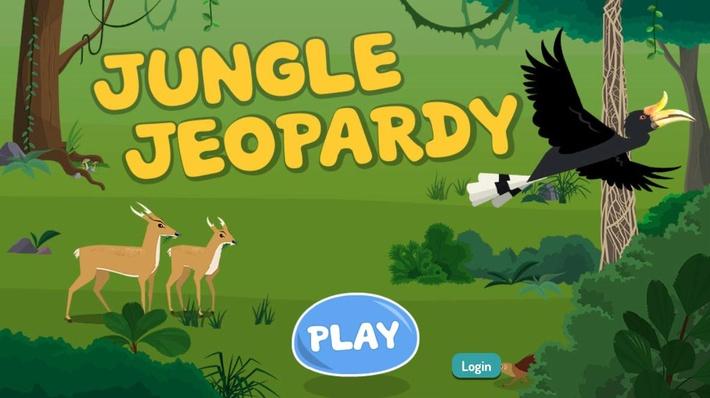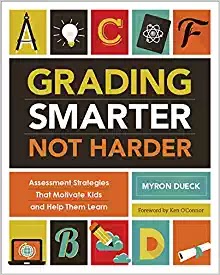Testing & Retesting
How can you ensure that an assessment reflects student knowledge?
Let's begin with retesting and the problems with traditional classroom testing systems. According to Dueck, the following have been identified as problems with the testing system we are familiar with:
- flawed-tests cannot be revisited.
- little resemblance to reality
- test are a snapshot in time
- outcomes affected by unrelated variables
- low socioeconomic conditions are related more so with negative emotional factors
- negatively affect high-performing students as well.
- Traditional testing approaches discourage mastery
We should approach teaching more like coaching. Whether you are a dancer, an athlete, an artist, or musician, constant practice leads to mastery.
- embrace and celebrate mastery through repeated effort
- put systems in place to support and celebrate student mastery in the classroom.
Traditional approach ignores the learning that occurs during testing
- learning is active, not static.
- students should be given the chance to identify the mistakes made on tests, and re-test, and learn why they made the mistake
Potential Retesting Problems
- Students may need to complete a 2nd test in its entirety
- This can be discouraging to them
- a waste of time for student and teacher
- tiring amount of paper for the teacher
- Retests take up valuable Class Time
- completing the curriculum on time becomes an issue
- Retests can provide data of little value
- did learning really improve?
- Retests may not reflect authentic learning





